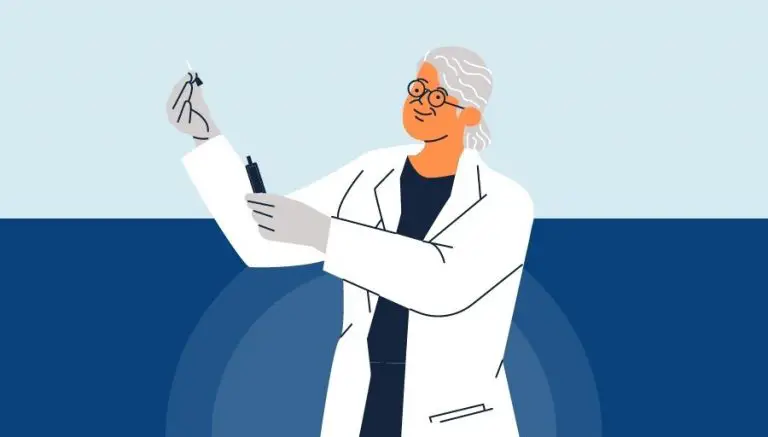Black Lung Disease Coverage and Limitations
Coal workers’ pneumoconiosis (CWP), colloquially referred to as black lung disease that results from breathing in dust from coal, graphite, or man-made carbon over a long period of time. Coal worker’s pneumoconiosis occurs in two forms: simple and complicated (Progressive Massive Fibrosis (PMF)). The symptoms are Chronic cough and Shortness of Breath
The Department of Labor’s Black Lung Program provides for the treatment of black lung disease (coal miner’s disease). The Black Lung Program also provides coverage for other pulmonary/respiratory illnesses associated with the effects of coal mining. Medicare is the primary payer for services rendered for conditions other than black lung to beneficiaries that are eligible for both Medicare and the Black Lung Program.
The following is additional information concerning black lung benefits:
The eligible beneficiary will carry a card identifying himself as a recipient of the program.
Benefits are more prevalent in northern states.
Specific diagnoses may indicate black lung disease.
When services or items are provided to a beneficiary covered under the federal Black Lung Program, claims should be sent to the Department of Labor if the diagnosis, procedure or service is directly related to black lung. Services not directly related to the patient’s black lung condition should be submitted to the “traditional” Medicare carrier.
What costs are NOT covered by Black Lung Program medical benefits?
The following are among the costs NOT covered under the Federal Black Lung Program:
Treatment of medical problems NOT related to your black lung condition —for example, arthritis, diabetes, and most heart conditions;
Medical treatment for your spouse or other family members;
Dental or eye care, and X-rays other than chest X-rays;
Nurse’s aid (non-skilled nursing care) services in the home;
Home health aides
Medicine that you can buy without a doctor’s prescription;
Medicine for problems other than your black lung condition;
Personal services in the hospital, such as TV or telephone;
Rental or purchase of an Intermittent Positive Pressure Breathing (IPPB) machine for home use;
Travel to and from your drugstore;
Residence costs (room and board) for nursing homes or skilled nursing facilities; and,
Home medical equipment not authorized for coverage under the Federal Black Lung Program.
For more information please refer DOL website



